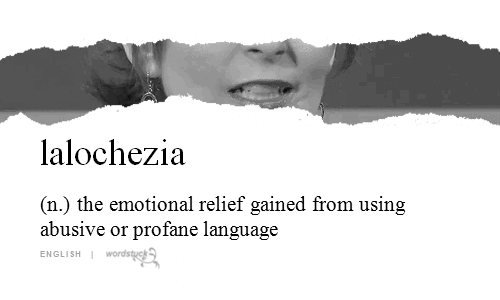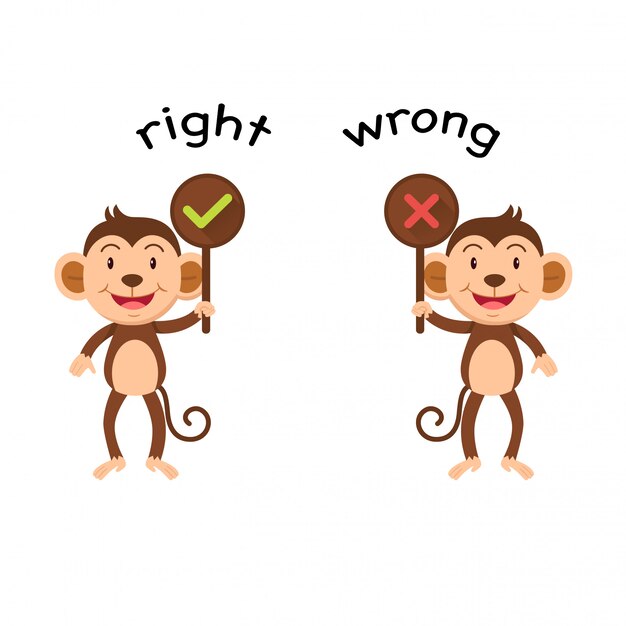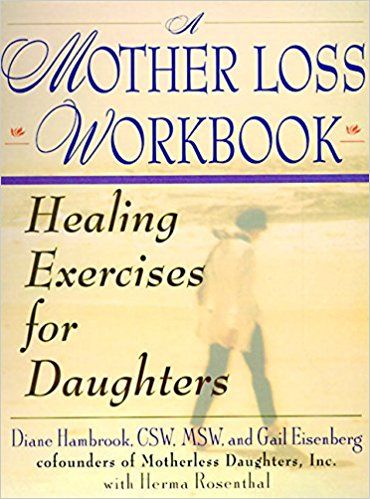How to deal with frustration and anger
18 Ways to Cope with Frustration
Frustration can be hard to put into words – it’s a complicated mix of anger, disappointment, and annoyance. For most health care workers, frustration levels are particularly high right now as many face PPE shortages, minimal workplace support, and a seemingly careless general public. Anger and frustration aren’t always productive emotions, and while we can’t necessarily control that we feel them, we can control how we react to them. If you need to release some of your pent-up negative energy, here are some healthy ways to do so:
- Do some breathing exercises: when having a strong emotional response, you may notice your breath getting faster and shallower. By regulating your breathing, you can get more oxygen to your brain and help yourself calm down. A good technique is 4-7-8 breathing: breathe in for four seconds, hold for seven, breathe out for eight
- Progressive muscle relaxation: one of the ways our bodies respond to heightened emotion is with muscle tension.
Relieving that physical tension will help your mind relax too. Lay down and work your way through each muscle group: tense as you slowly inhale, and release as you slowly exhale. If you prefer some instruction, try a guided audio.
- Meditate: Meditation can be a great way to connect with your feelings, but it can also help you create space between your thoughts and emotions as you settle into self-awareness. Download an app like Headspace or Calm and look for a guided meditation that fits how you’re feeling.
- Exercise: Physical activity is a mood booster, helps you regulate stress and adrenaline, and is a healthy way to release pent-up energy. If you can, try going for a run and really focus on your feet hitting the ground. If you prefer instruction, see if your local gym has online classes or search for your favorite type of workout on YouTube.
- Yoga: If you prefer low-impact workouts, yoga is a great way to get your body moving in a meaningful way.
 Yoga Pose has an online directory of poses searchable by symptom (like anxiety or back pain) and has categories including poses for calmness.
Yoga Pose has an online directory of poses searchable by symptom (like anxiety or back pain) and has categories including poses for calmness.
- Vent: Ruminating on your anger only perpetuates it, so give yourself some time to let it all out with a trusted friend. As long as you don’t focus on it for too long, venting can be a healthy emotional outlet – just try to keep it to 15 minutes, and then move on to more positive conversation. If you want to vent anonymously, try an app like Lyf or reach out to Magellan Health’s free crisis hotline for frontline workers at 1(800) 327-7451.
- Journal: If you’re dealing with the the kind of frustration where you can’t even think straight, try writing (or typing) it all out. This can help you process a situation and calm your brain down so you can approach the issue with a more level head.
- Get outside: Spend some time in your backyard, go for a walk around the block, or head to your favorite park.
 If you’re crunched for time, even just stepping out for 60 seconds of fresh air can help you recalibrate. To really help ground yourself, slip off your shoes and let your bare feet touch the dirt or grass.
If you’re crunched for time, even just stepping out for 60 seconds of fresh air can help you recalibrate. To really help ground yourself, slip off your shoes and let your bare feet touch the dirt or grass.
- Manage your expectations of others: Often, negative feelings come from misaligned expectations. Recognize that you can’t fully anticipate anyone else’s behavior; change your own mental framework so that you aren’t holding them to standards they won’t meet – it’s only hurting you.
- Treat yourself: Sometimes you just want to lay on the couch with a bag of chips and your favorite movie, and that’s OK! As long as it doesn’t become an unhealthy habit, there’s nothing wrong with treating yourself to some guilty pleasures.
- Spend some time with animals: Many people find animals to be a source of comfort and support. Interacting with animals has been shown to decrease levels of cortisol (a stress hormone) and lower blood pressure, as well as elevate levels of serotonin and dopamine, which calm and relax[i].
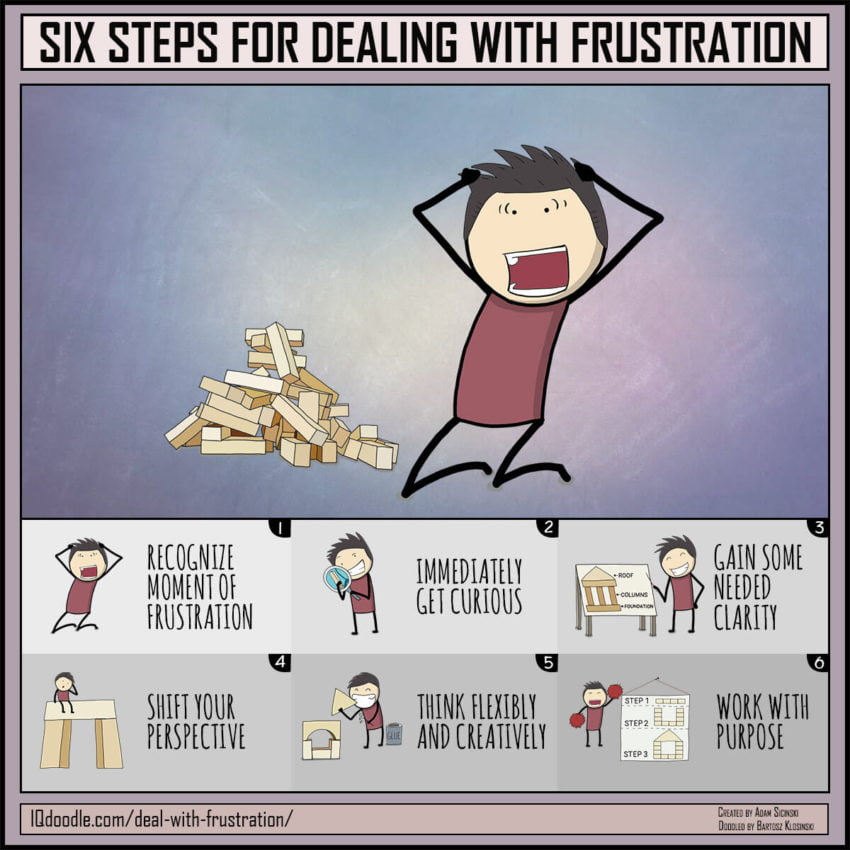
- Distract yourself: Leaning into feelings doesn’t always help. If you need to detach from your anger, try doing something that requires focus (like a puzzle or reading).
- Take a nap: We all need a brief reset at times. If you hit a wall where you are completely overwhelmed with everything going on, set a timer for 20 minutes and climb into bed. The rest will do your brain well and checking out for a little bit often helps you go about the rest of your day with a fresh start.
- Start a garden or get a new houseplant: Numerous studies have found that the act of gardening can be beneficial for numerous health outcomes, including anxiety and stress reduction[ii]. Don’t have the outdoor space? Taking care of an indoor plant has similar effects on your mental health[iii].
- Get creative: Art is a great tool for emotional expression. Crafting, drawing, painting, writing poetry, and other art forms are all healthy ways to channel your anger into something fun.
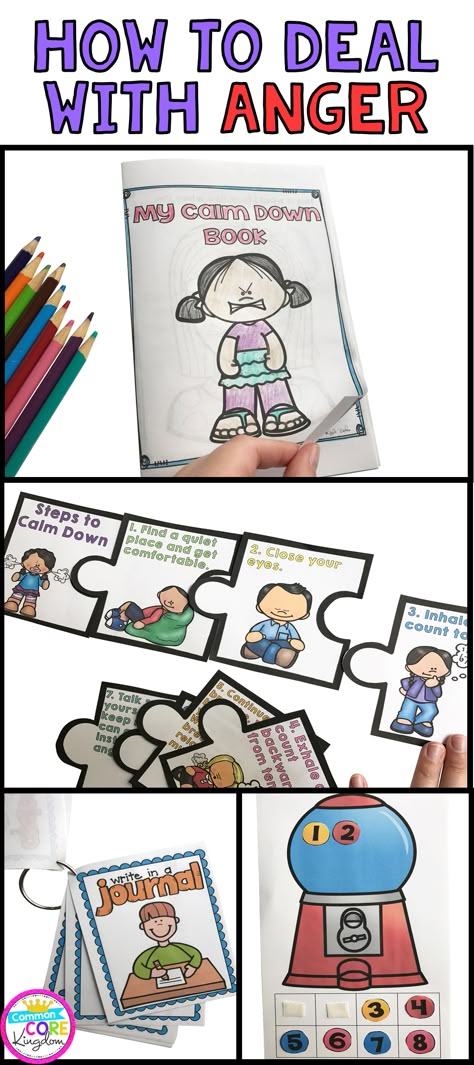
- Turn on some music: Music has a powerful effect on our brains. Search for a playlist of relaxing or happy music to turn your frustration into a more enjoyable emotion. Bonus points if you dance it out!
- Get organized: Take ten minutes to clean, plan, or otherwise streamline something in your life. Turning your extra energy into something productive will not only help you get rid of some of that frustration, but you’ll also have accomplished something.
- Wash your face: It seems so simple but putting cold water on your face doesn’t just feel refreshing – it triggers your mammalian diving reflex which slows your heart rate and breathing. By reducing the physical symptoms of frustration, you can interrupt your brain’s feedback loop and reduce your emotional frustration as well.
[i] National Institutes of Health. (February 2018). The power of pets: Health benefits of human-animal interactions. NIH News in Health. https://newsinhealth.nih.gov/2018/02/power-pets
NIH News in Health. https://newsinhealth.nih.gov/2018/02/power-pets
[ii] Soga, M., Gaston, K.J., & Yamaura, Y. (2017). Gardening is beneficial for health: A meta-analysis. Preventive Medicine Reports, 5, 92-99. https://doi.org/10.1016/j.pmedr.2016.11.007
[iii] Lee, M.S., Lee, J., Park, B.J., & Miyazaki, Y. (2015). Interaction with indoor plants may reduce psychological and physiological stress by suppressing autonomic nervous system activity in young adults: a randomized crossover study. Journal of Physiological Anthropology, 34(1). DOI: 10.1186/s40101-015-0060-8
Dealing with Anger and Frustration
Dealing with Anger and Frustration
In challenging times, you may find that you have little patience with other people or get upset over minor things. Anger and frustration are complicated emotions that often stem from other feelings, like disappointment, fear, and stress. Taking some extra steps to decrease your overall tension can prevent your feelings (and the reactions that they cause) from spiraling out of control.
Fast Facts
- Of people who took an anxiety screen at mhascreening.org in 2020, 71% felt easily annoyed or irritable at least half of the time or nearly every day. [1]
- Of people who took a bipolar screen at mhascreening.org in 2020, 82% reported being so irritable that they shouted at people or started ÿghts or arguments. [2]
- One poll found that 91% of respondents said that they feel people are more likely to express their anger on social media than they are face-to-face. [3]
Tips for Coping
| Pause before reacting. When you feel yourself getting mad, take a moment to notice what you’re thinking, then take a few deep breaths or count to ten in your head. By giving yourself even just a few seconds before reacting, you can put some emotional distance between you and whatever is upsetting you – and you might even realize that you’re actually tense because of something else. | |
| Change your surroundings. Anger can make you feel trapped. Whether you’re mad at someone in the same room as you or just angry at the world, sometimes physically relocating yourself can help you start to calm down. Go to another room or step outside for a few minutes of fresh air to help disrupt the track that your mind is on. | |
| Get it all out. Keeping your feelings bottled up never works, so allow yourself time to be angry and complain. As long as you don’t focus on it for too long, venting can be a healthy outlet for your anger. You can open up to a trusted friend or write it all down in a journal. Sometimes it feels better to pretend to talk directly to the person (or situation) that you’re angry at – pick an empty chair, pretend they’re sitting in it, and say what you need to get off your chest. | |
| Release built-up energy. | |
| Get organized. When things around you feel chaotic, it’s often a lot easier to get frustrated and snap at people. Dedicate a few minutes each day to tidying, planning, or reorganizing. Implementing a routine can also help you feel more on top of things by adding structure and certainty to your daily life. | |
| Eliminate stressors if possible. Sometimes there’s no way to completely get rid of a big problem, but there’s often more than just one issue contributing to your frustration. | |
| Manage your expectations. Negative feelings often stem from people or situations not meeting your standards or assumptions. It’s frustrating to feel let down but recognize that you can’t fully predict anyone else’s behavior or how situations will play out. Shift your mental framework so that you aren’t setting yourself up for disappointment. | |
| Don’t be afraid to ask for help. If you’re working to cope with your anger but feel like you can’t get it under control, it’s time to get some extra support. Anger can fester and become explosive if not resolved. A number of mental health conditions can manifest as anger, so this may actually be a sign of depression or anxiety – treating an underlying condition can help heal your anger as well. |
Get Screened Now
| Sources |
| 1. Proprietary data. MHAScreening.org. 2020. 2. Ibid. 3. IBM Watson Health-NPR Health Poll. November 1-14, 2018. https://www.ibm.com/downloads/cas/2YQ8NLD5 |
Nervous work: how to deal with unpleasant emotions
Contents
HR and recruiting
Article
February 26, 2020
Getting rid of frustration, anxiety, anger and disappointment.
Natalia Konoplyanikov,
columnist at LABA
A person is not able to control emotions - they arise spontaneously, this is a psychophysiological process. But we can control our behavior. It is up to us whether we will shout or calmly express our displeasure. nine0005
The most common unpleasant emotions at work are frustration, anxiety, anger, dislike and disappointment.
Together with Mindtools and HealthXchange, we figured out what to do if feelings are overwhelmed.
Frustration
We experience frustration when we cannot do what we want to do. Perhaps a colleague interferes with work on a project, a manager forgets about meetings, or simply cannot get through to the right person.
Dealing with frustration:
Stop and assess the situation. Ask yourself why you are feeling frustrated and write down the answer in as much detail as possible.
Find something good in the situation. For example, if the leader forgot about the rally, you will have more time to prepare. Or you can just take a break.
A positive look will help to cope - and the mood will improve.
Think about the last time you felt frustrated. nine0027 Most likely, you were able to deal with the problem only after you dealt with this feeling. If then frustration and confusion did not help solve the problem, they are unlikely to help now.
nine0027 Most likely, you were able to deal with the problem only after you dealt with this feeling. If then frustration and confusion did not help solve the problem, they are unlikely to help now.
Anxiety
Feelings of anxiety at work increase when we are faced with difficult tasks, or when the company has a wave of layoffs.
If it gets out of hand, it can develop into chronic anxiety. This condition negatively affects mental health, self-confidence, productivity and willingness to take risks. nine0005
How to deal with anxiety:
Protect yourself from anxious talk. If your colleagues are discussing upcoming layoffs in the kitchen, just leave. Anxiety is contagious, fear breeds more fear.
Practice breathing exercises. Deep breathing helps lower the pulse and slow down.
Here is a simple exercise: inhale slowly to the count of five, and then exhale to the count of five again. Focus completely on your breath. Repeat at least five times. nine0005
Focus on how to improve the situation. If you just sit and worry, the problem will not be solved. Switch to finding solutions. In the case of the risk of dismissal, think about how you can bring more value to the company and show your value.
Make an "alarm plan". If disturbing thoughts consume you, write them down and organize them. Next to each item, indicate the time or date when you will address the problem. Until then, try not to think about the situation. It is important that you deal with it when the time comes. nine0005
Anger
Uncontrolled anger is one of the most destructive conditions in the workplace. He does not give a sober assessment of the situation, and you may regret what you did in a rage.
He does not give a sober assessment of the situation, and you may regret what you did in a rage.
Coping:
Learn to recognize the early signs of anger. In order not to let rage consume you, you must be able to feel the nascent anger. The sooner you stop, the better. A person is able to choose his behavior. If you feel anger, it does not mean that it needs to be expressed. nine0005
If you get angry, stop. Close your eyes and breathe deeply. This will help you calm down and get back on track.
Imagine yourself in a moment of anger. This technique also helps to restrain manifestations of aggression. Imagine how you will look if you yell at a colleague: you will blush, you will wave your arms. How would you react to a person who behaved this way? Do you want to show yourself from this side?
Suspend communication. Do not call, write letters or messages in a state of anger. You can make a draft, but in no case do not send it until you calm down. Better do it the next day, when the emotions subside.
Do not call, write letters or messages in a state of anger. You can make a draft, but in no case do not send it until you calm down. Better do it the next day, when the emotions subside.
Related courses:
HR and recruiting
Dislike
Even if one of your colleagues annoys and dislikes you, be professional and don't let your personal attitude affect your work. nine0005
How to deal with an unpleasant colleague:
Show respect. If you don't get along with someone, try to subdue your ego. Communicate politely and respectfully, just as you would with others. If a person behaves incorrectly, this does not mean that you should respond in kind.
Stand up for yourself. If a colleague is rude, calmly explain to him that you do not allow such behavior towards yourself.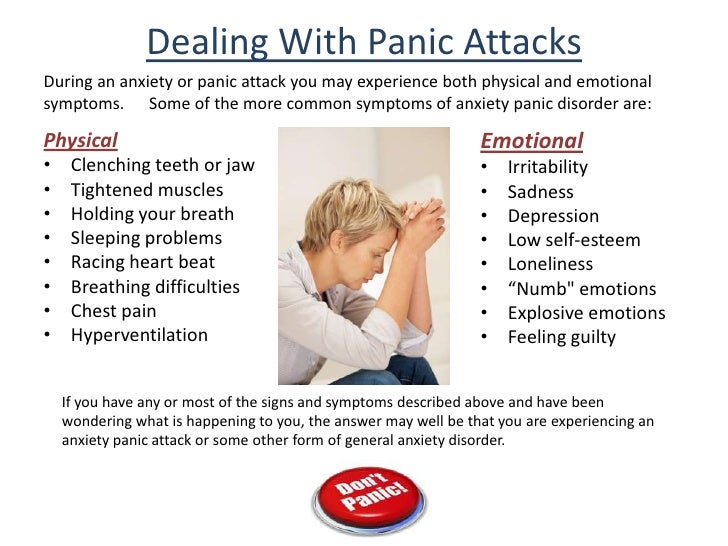 Do not aggravate the conflict, just move away from contact. nine0005
Do not aggravate the conflict, just move away from contact. nine0005
Remain calm. To defend yourself and your boundaries, it is not necessary to show aggression. Often unrestrained people lose interest in the conflict if the interlocutor does not succumb to provocation.
Frustration
Frustration and lack of enjoyment at work are draining. Productivity drops, it becomes scary to make decisions.
How not to get frustrated at work:
Do not be afraid of failure. nine0027 Recognize that failures and unpleasant situations are inevitable. Life would be boring if everything went smoothly.
Adjust your goals. If you feel disappointed that you have not reached your goal, this does not mean that the goal is unattainable. Keep moving towards what you want, but adjust the plan, for example, move the deadline.
Write down your thoughts. Write what makes you unhappy. It could be colleagues, a workflow, too many tasks, or something else. After you identify specific problems, think about solutions. Remember that you can always change the situation. nine0005
Smile. This is a common tip, but few people use it. It really works, so smile (even forcefully) as soon as you feel your mood drop. Fool your brain.
General Tips
Find Your Triggers
Track your emotions and analyze what triggers them. When you find patterns, it becomes easier to manage reactions. Emotions arise regardless of our desire, but we can choose what to do with them. When you know what makes you angry or frustrated, it's easier to stay calm. nine0005
By listening to yourself, you will develop observation and empathy, and gradually learn to anticipate the reactions of others.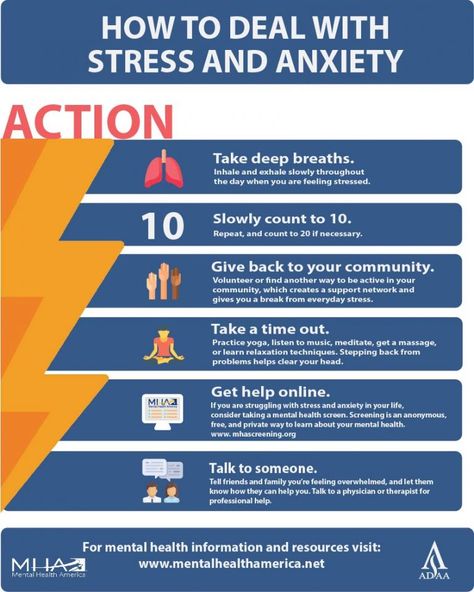
Apologize
If you can't handle your emotions, apologize to the person you misbehaved with. If someone else was present during the conflict, apologize to them as well.
No need to explain in detail why you exploded, don't defend yourself or make excuses. A simple apology for intemperance is enough. nine0005
Don't take work negativity home
Work problems should stay at work.
Make it a habit to let go of anger, frustration and dissatisfaction at the end of each day. Suppressed emotions accumulate until they reach a breaking point.
To prevent this from happening, analyze what unpleasant emotions you experienced during the day and how you feel now. Then remember what provoked them, concentrate on the fact that this happened at work and has nothing to do with personal life and loved ones. nine0005
nine0005
This life hack helps: imagine closing these experiences in a safe and leaving them in the office.
On the way home, try to switch your thoughts to personal matters. It’s even better if you have something pleasant planned after work – going to the cinema, meeting friends, time for a hobby. Vivid emotions will help you switch and move away from work problems. In the morning, you will be able to take a different look at an unpleasant situation.
Latest materials
Article
Glasses made from fishing nets and battery-powered corn fertilizer
Recycling waste: 10 solutions that save our planet.
To read
Article
60% of people on the planet lie every 10 minutes
7 reasons to doubt that you are being told the truth.
To read
Article
Everything you need to know about Starlink
How Elon Musk's space internet works.
To read
nine0000 8 Buddhist Tips for Dealing with Anger - Study Buddhism Buddhists can talk all they want about love, compassion and tolerance, but even if eminent masters like the Dalai Lama admit they get angry sometimes, is there any hope for us? Perhaps scientists will say that it is perfectly normal to be angry, psychologists will advise expressing anger, and some religions even talk about righteous anger.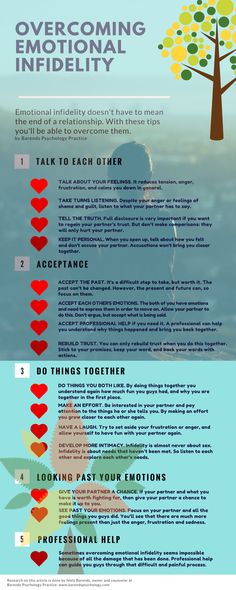 However, Buddhism says that anger is always bad.
However, Buddhism says that anger is always bad.
The 8th century Buddhist scholar Shantideva described anger as the most powerful negative force, capable of destroying all the good we have ever done. Think about it. If we have a weapon, one moment of anger can change our future: from a free man we can turn into a prisoner. An example from everyday life is that anger can destroy friendships and trusts that have lasted for decades. Ultimately, anger is more dangerous than all the bombs, guns, and knives of this world put together. nine0005
Video: The 14th Dalai Lama - How to Conquer Anger
To enable subtitles, click on the Subtitles icon in the lower right corner of the video window. You can change the subtitle language by clicking on the "Settings" icon.
We know that anger is an unhappy state of mind, but what can we do? Buddhism offers a number of simple methods to help change our minds. But I warn you in advance: there is no magic pill! Here are eight of the best Buddhist tips on how to deal with anger. nine0005
1. Such is life – samsara
The first instruction of the Buddha, which he gave 2500 years ago, is very straightforward: our life is unsatisfactory. And you know what? It will never be satisfactory at all.
We were born - we will die. Between these events there will be pleasant and difficult days, and sometimes we will feel almost nothing. These endless ups and downs we call "samsara". When we came into this world, no one said that life would be beautiful and easy, a kind of non-stop entertainment, and that everything would always be exactly the way we want. By understanding our own situation in samsara, we can also better understand others. nine0005
When we came into this world, no one said that life would be beautiful and easy, a kind of non-stop entertainment, and that everything would always be exactly the way we want. By understanding our own situation in samsara, we can also better understand others. nine0005
We are all in the same position. If we are angry at events and situations, at others and at ourselves, this will not help. Others do and say things that we don't like, precisely because their lives have also failed.
Such thinking can completely change our outlook. Even if it seems to each of us that he is the center of his own universe, this does not mean that everything should go and will go exactly the way we want.
2. Be Heroes - Patience
Disturbing emotions are best dealt with by their opposites. Fighting fire with fire will not help. Why? Our mind cannot hold two opposing emotions at the same time. You can't yell at someone and be patient at the same time - it doesn't happen. Many see patience as a sign of weakness: we let others get over us and go along with whatever they want.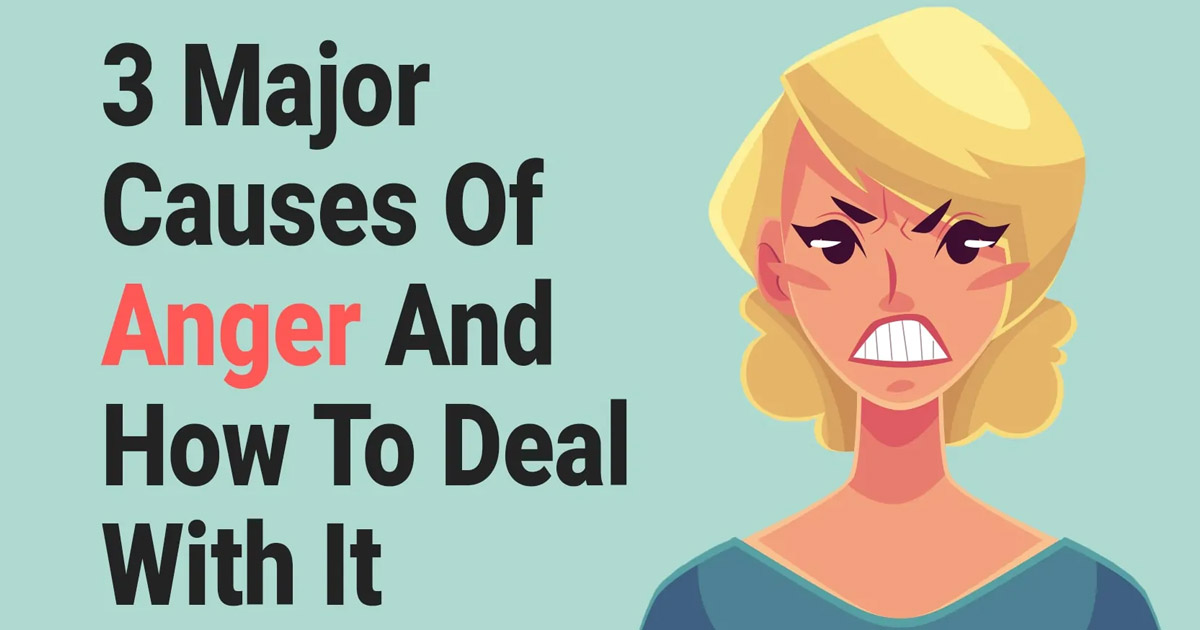 However, in reality it is quite the opposite. Do we find it difficult to scream when we feel bad? And how much more difficult is it to stay calm and control your emotions? If we follow our feelings wherever they lead us, that doesn't make us heroes. On the contrary, we become weaker. The next time you're about to yell at someone at the top of your lungs, instead draw your sword of patience and slit the throat of your anger. nine0005
However, in reality it is quite the opposite. Do we find it difficult to scream when we feel bad? And how much more difficult is it to stay calm and control your emotions? If we follow our feelings wherever they lead us, that doesn't make us heroes. On the contrary, we become weaker. The next time you're about to yell at someone at the top of your lungs, instead draw your sword of patience and slit the throat of your anger. nine0005
How? When you notice the tension, you can start breathing deeply: this will be the exact opposite of the short inhalations and exhalations that accompany anger. You can slowly count to a hundred, not allowing yourself to say something that we will definitely regret later. Once in a conflict situation, it may make sense to get out of it before everything finally goes downhill. Every situation is different, so observe what works best for you.
3. Be in touch with reality - analyze the situation
When we examine how we feel when we are angry, anger seems to be our protector - our best friend, defending our interests, helping us on the battlefield. This illusion makes us think that anger is justified. But if you look closely, anger is not a friend, but an enemy.
This illusion makes us think that anger is justified. But if you look closely, anger is not a friend, but an enemy.
Anger leads to stress, torment, loss of sleep and appetite. If we don't stop being angry, it makes a bad impression on others. Let's be honest: no one wants to be around an angry person, right? nine0005
When we are accused of something and we feel how a knot of defensive position begins to tie in the abdomen, we need to stop and think rationally. After all, there are only two options: either a person is right or wrong. Why be angry if his words are true? If we want to be adults, we need to admit he was right, learn the lesson and move on. And why be angry if the accusation is unjust? The man was wrong. Has this never happened to us?
4. Look into your mind - meditation
Meditation and the practice of mindfulness can be very helpful in the battle with anger. To many, meditation seems like a waste of time: why spend 20 minutes sitting on a pillow when you can do a lot in that time? To others, meditation seems like a pleasant escape from real life, when we can spend some time away from children, letters, spouse or wife.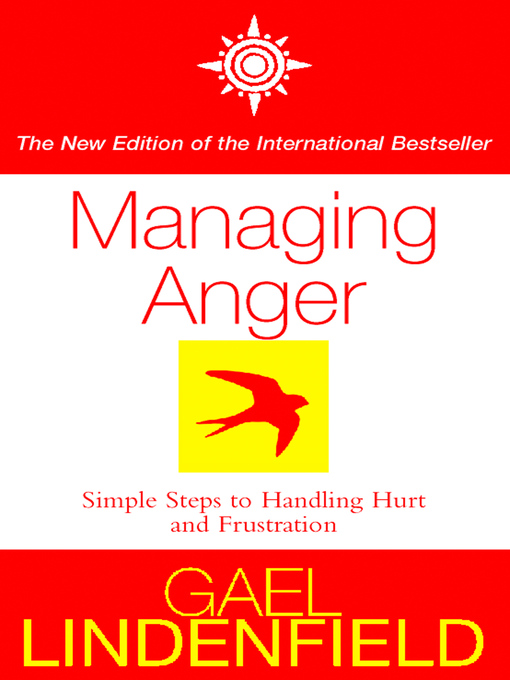
But meditation is much more than that. This is preparation for real life. It is wrong to meditate on love and compassion every morning, and then, as soon as you get to work, yell at your subordinates and complain about your colleagues. nine0005
Through meditation, we train our minds for good thoughts—patience, love, and compassion. You can meditate anywhere and anytime. If on the way to work we are willing to spend half an hour listening to our favorite songs, then we can at least ten minutes out of those thirty minutes induce thoughts of goodwill towards others. This is very effective in reducing anger and gradually we will become the person that others want to be around.
5. Bow - learn from the enemy
Buddhism often teaches us to go against our habits. If we are angry, there is an impulse to take revenge. And what is the result? We suffer just as much, perhaps even more. The opposite action goes against intuition, but in fact it brings the opposite result, leading to happiness. nine0005
nine0005
Yes, it sounds ridiculous, but think of the object of your anger as a teacher. If we want to become better people—more patient, loving, kind, happy people—we need to practice. We all know that it takes a lot of time and effort to become a world-class football player or violinist, so why should it be any different in the case of mind training? If we are always surrounded by those who agree with us and fulfill all our desires, we will never learn to overcome difficulties.
Therefore, the people we are angry with are extremely precious: they give us the opportunity to truly practice patience. This will immediately stop the flow of anger, because it will change our view of others: we will think not that they hurt us, but that they help us.
6. Remember death - impermanence
You will die, I will die, we will all die. So when a person you can't stand does something that annoys you, stop and think, "Will this matter when I'm on my deathbed?" Most likely, the answer will be no, unless this person is obsessed with the desire to conquer and destroy the world. This very simple tip helps you to ignore annoying little things. nine0005
This very simple tip helps you to ignore annoying little things. nine0005
We all know we're going to die, but apparently we don't fully realize it. Death seems to be an abstract, distant concept, something that happens to other people - the old, the sick, having anomalous occurrences. But in reality this is not the case. Young people die before the elderly, and healthy people die before the sick. This happens every day.
When we think about death, which will inevitably come (tomorrow? in a year? in 50 years?), many things that usually drive us crazy become literally nothing. They do not necessarily stop annoying us, but we see that it does not make sense to spend precious time and effort on them. nine0005
7. Everything comes back – karma
People say: “Everything comes back. - or: - This is his karma, he deserved it, ”implying that people reap what they themselves have sown. This does not quite correspond to the Buddhist understanding of karma, it is more complex and subtle. However, while people like to see that the suffering of others is due to their karma, it is difficult for most to see that the unpleasant situations they find themselves in are due to their own karma.
However, while people like to see that the suffering of others is due to their karma, it is difficult for most to see that the unpleasant situations they find themselves in are due to their own karma.
Everything that happens to us - from moments of incredible joy to depths of despair - arises due to reasons. These reasons do not fall on us out of nowhere: we created them ourselves. So, if you find yourself in a terrible situation, instead of giving vent to anger, you can stop and think: where did this come from and do I want things to get even worse? nine0005
Karma is associated with automatic behavior, when we react to what is happening in familiar ways. If we understand how karma works, we will see that we can change our future experiences with our present actions. In this case, it means that we practice patience when anger comes up.
8. This is unreal - emptiness
Patience is a direct antidote to anger, but emptiness is the strongest medicine. It helps not only from anger, but from all problems and difficulties. In fact, no matter how much patience we have, if we do not understand emptiness (emptiness), problems will fall on us again and again, like the Indian monsoon. nine0005
In fact, no matter how much patience we have, if we do not understand emptiness (emptiness), problems will fall on us again and again, like the Indian monsoon. nine0005
When you are angry, stop for a moment and analyze your mind. You will notice something: there is a strong sense of "I" at this moment. « I am angry because you said to me . I can't believe he did this to me or my friend. I am definitely right, and she is absolutely wrong.” Me, me, me
When we are angry, we have a great opportunity to analyze this "I" that seems so dense. It does not exist! It's not that we don't exist or that nothing matters. However, if we try to find this "I", is it in our mind? In body? Here and there? We can't say, "Here, it's here!" nine0005
Understanding emptiness is not easy, but the analysis of reality radically changes our worldview. We see that we can't find anything to be angry at: it doesn't exist and never has.

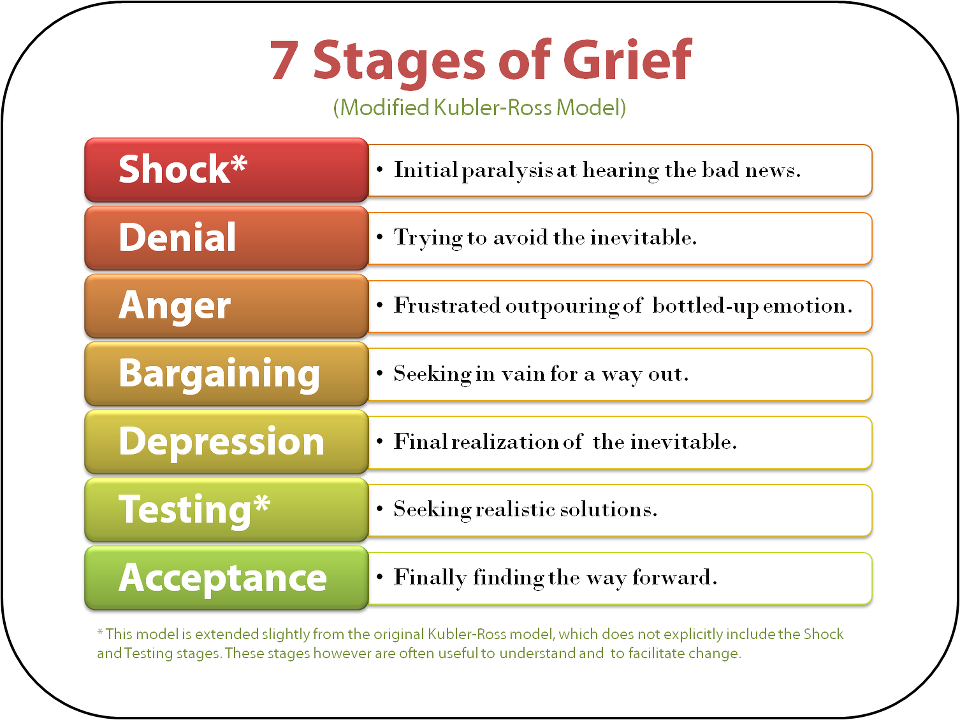 Anger is a high-energy emotion, and we store that energy and tension physically in our bodies. Exercise is a great way to get rid of extra energy and can improve your mood. Some people find grounding exercises (like meditation or deep breathing) helpful to calm intense feelings, while others prefer more high-impact activities like running or weightlifting. Think about what you usually do to decompress, like taking a hot shower or blasting your favorite music, and use the tools that you know work for you.
Anger is a high-energy emotion, and we store that energy and tension physically in our bodies. Exercise is a great way to get rid of extra energy and can improve your mood. Some people find grounding exercises (like meditation or deep breathing) helpful to calm intense feelings, while others prefer more high-impact activities like running or weightlifting. Think about what you usually do to decompress, like taking a hot shower or blasting your favorite music, and use the tools that you know work for you.  Things like an overwhelming workload or unhealthy relationship can make you feel on edge. Pay attention to how and why you’re feeling stressed and see if you can make small changes to improve a challenging situation to make it less burdensome.
Things like an overwhelming workload or unhealthy relationship can make you feel on edge. Pay attention to how and why you’re feeling stressed and see if you can make small changes to improve a challenging situation to make it less burdensome. 



